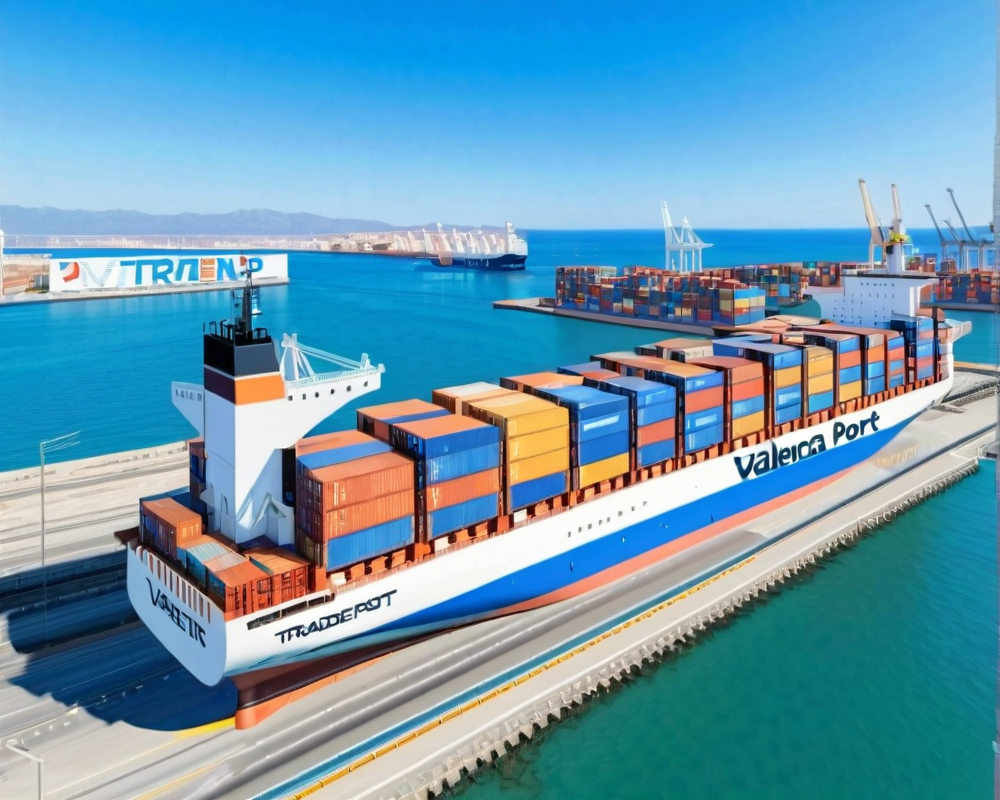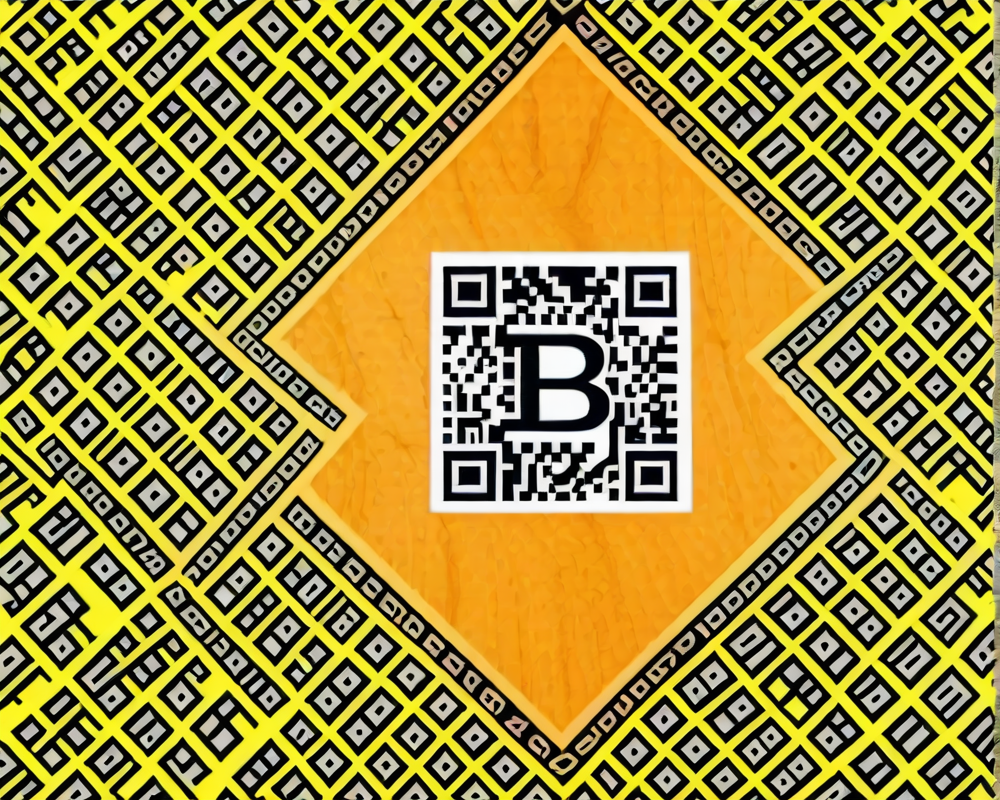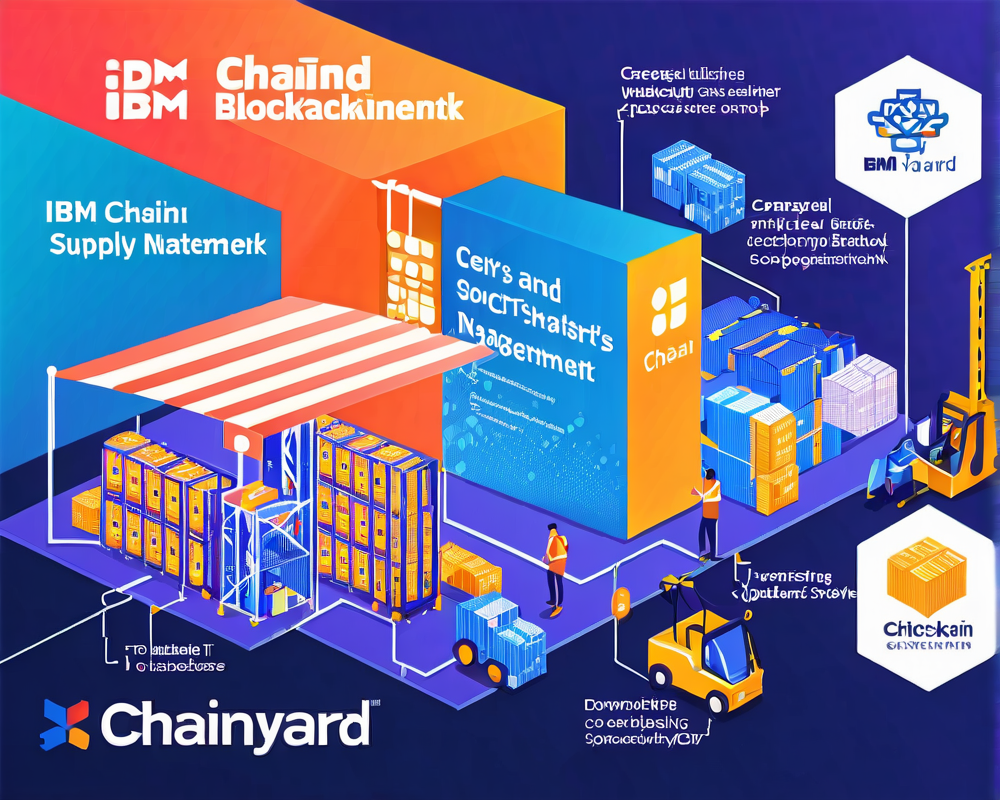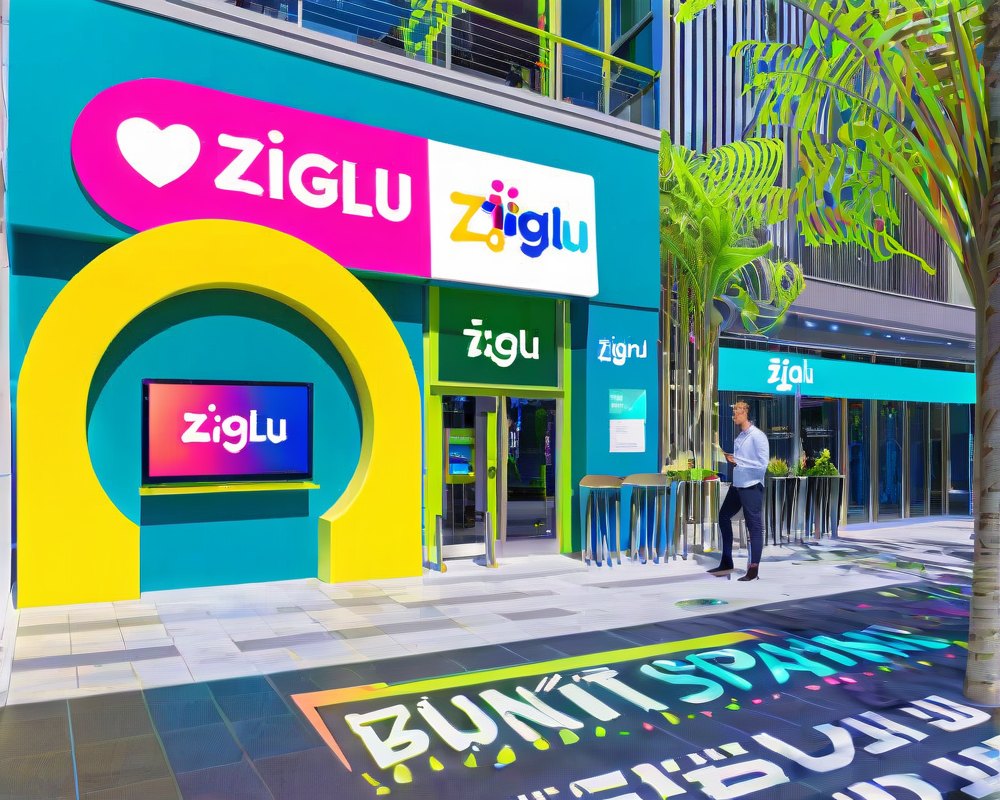Valencia’s Bold Move into Blockchain
The Port Authority of Valencia (PAV) has decided to jump on the blockchain bandwagon by integrating into the TradeLens platform, a collaborative effort by tech giants IBM and Maersk. This decision, announced on November 5, signals that the bustling port is not just about ships and containers, but also about high-tech solutions and improving efficiency in global trade.
The Genesis of TradeLens
TradeLens isn’t just another tech gimmick; launched back in August 2018, this platform leverages blockchain technology to streamline global supply chain operations. Think of it as a VIP lounge for logistics, where everyone from shipping lines to customs authorities can access vital shipping data and documents without the hassle of red tape.
PAV’s Role as an Early Adopter
By becoming an “Early Adopter” of TradeLens, PAV has positioned itself at the forefront of trade innovation. Currently, there are over 20 active participants in this platform, and PAV’s contributions could be pivotal in shaping the future of this blockchain ecosystem.
Impressive Metrics on Efficiency
TradeLens is not just theoretical fluff. Reports indicate that it has handled a staggering 154 million “data-sending events.” Imagine a world where your shipping times could be slashed by 40%. Sounds dreamy, right? That’s the potential TradeLens boasts, making it highly appealing for port operators eager to optimize their logistics.
The Future Is Smart
Did we mention that PAV’s venture into blockchain isn’t a random whim? The port has ambitious plans to transition into a “smart port.” Jose Garcia De La Guia, the technology chief at PAV, has been vocal about how blockchain can revolutionize logistics, possibly leading us into an era of “ports without papers.” Talk about cutting down on bureaucratic headaches!
Global Blockchain Trends
Valencia isn’t the only port catching the blockchain bug. The Port of Rotterdam, Europe’s largest port, previously collaborated with ABN AMRO and Samsung’s IT branch to explore blockchain’s efficiency for shipping. Similarly, the UK’s Associated British Ports is making strides by teaming up with Marine Transport International to enhance its logistics system with blockchain. If that’s not a sign of the times, what is?



